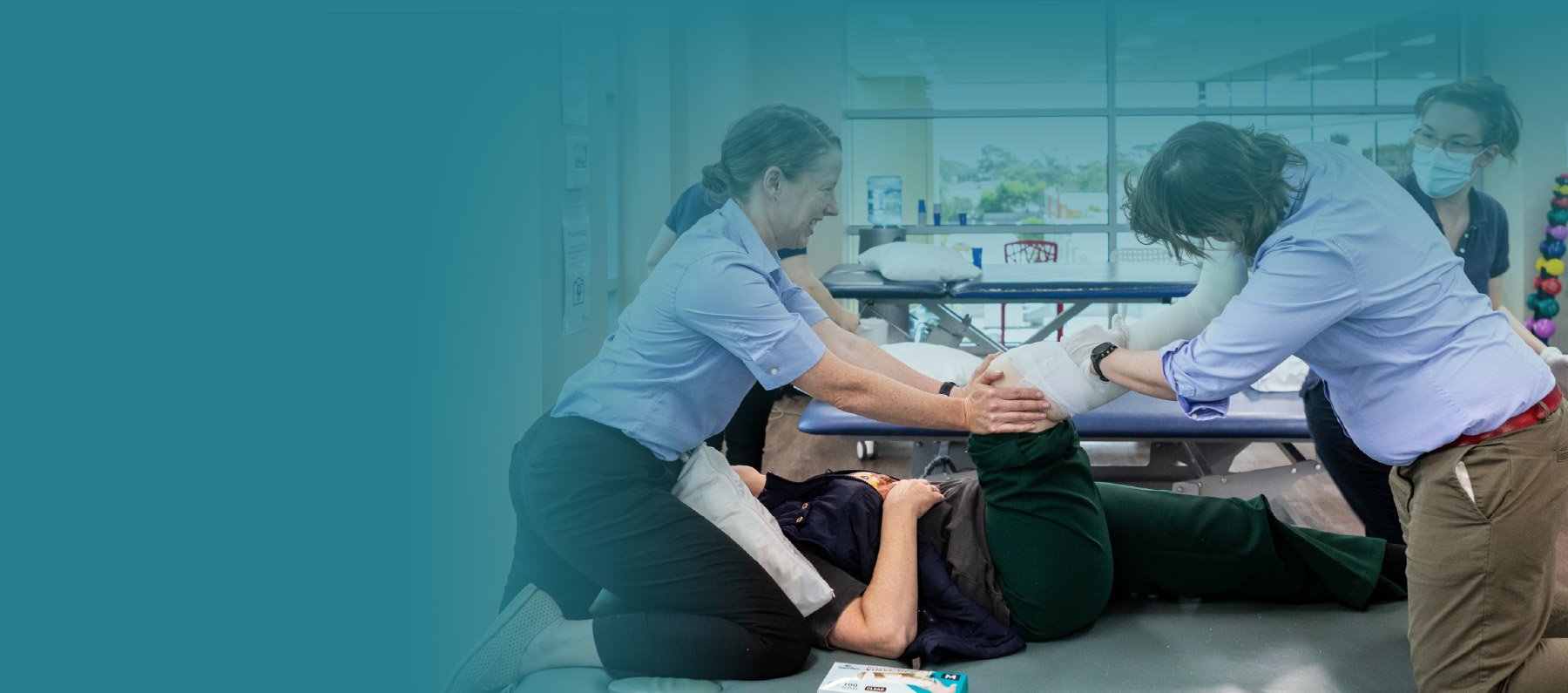
Conditions Treated
MITOCHONDRIAL DISEASE
Mitochondrial diseases are a group of genetic conditions that affect the mitochondria in your cells. Mitochondria are the power houses of the cell and produce 90% of the energy our bodies require to function. Therefore, with mitochondrial disease, your cells aren’t able to produce enough energy which can cause disruption to organs of the body. The brain, heart and skeletal muscles are vulnerable due to their high energy requirements. Symptoms of mitochondrial disease can include muscle weakness, pain, fatigue, exercise intolerance, poor growth, vision and hearing loss, respiratory problems and developmental delays or cognitive impairment. Symptoms can depend on the type of mitochondrial disease and can vary from person to person.
What We Offer
At the Neurological Rehabilitation Group, we can help to improve your quality of life, maximize your function, and provide you with tailored treatment plans directed towards achieving your goals. Our therapists are skilled in assessing, treating, and managing people suffering with mitochondrial disease. They will provide you with a comprehensive assessment of the body systems affected in your specific case and use their analysis skills to look at your movement patterns, aerobic capacity, strength, coordination, and balance. They may also review your posture, fatigue levels, muscle tone and range of motion.
Our therapists see a variety of people who have mitochondrial disease and provide specialized treatment depending on the client’s goals and current situation. This may include:
Education to facilitate a greater understanding of the health and secondary complications of mitochondrial disease
Balance retraining
Mobility practice including transfers, standing, gait training or stair climbing practice
Aerobic testing and prescription of aerobic exercise
Development of a tailored program including stretching, strengthening and cardiovascular training to complete at home, your local gym or in clinic using our wide range of equipment
Equipment recommendations
Off-site hydrotherapy
Group exercise classes
Hands on facilitation techniques to improve your ability to activate your muscles or achieve better movement patterns
Pain and fatigue management strategies
Our therapists can refer or liaise with health professionals involved in your care including your medical team, neurologist, occupational therapist, dietitians, or neuropsychologists for example. They will also liaise with your appropriate funding bodies to support your needs.
